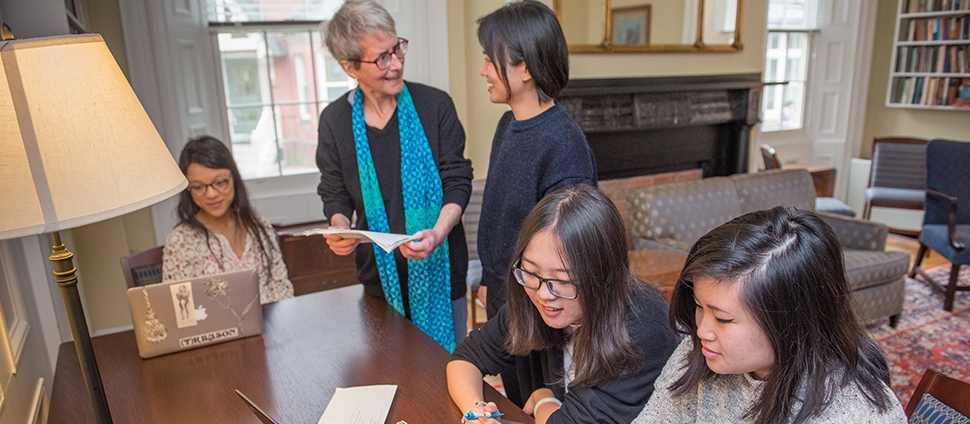Document Type
Article
Publication Date
4-1-2020
Publication Title
Philosophy East and West
Abstract
Buddhist accounts of the ultimate truth, especially in the Mahāyāna tradition, emphasize the fact that it is beyond all conception and inexpressible, yet knowable. If the path to awakening is to make sense, the ultimate truth of which we have discursive knowledge prior to awakening must in some sense be the same as that to which we have access after awakening. This leads immediately to paradox, and this paradox leads to debates regarding the relationship between the categorized ultimate we know prior to awakening and the uncategorized ultimate we know after awakening. I explore some of these debates, defending the position of Tsongkhapa and the Geluk tradition.
Volume
70
Issue
2
First Page
338
Last Page
353
DOI
10.1353/pew.2020.0024
ISSN
00318221
Rights
© 2020 University of Hawai´i Press
Version
Version of Record
Recommended Citation
Garfield, Jay L., "Thinking Beyond Thought: Tsongkhapa and Mipham on the Conceptualized Ultimate" (2020). Philosophy: Faculty Publications, Smith College, Northampton, MA.
https://scholarworks.smith.edu/phi_facpubs/33


